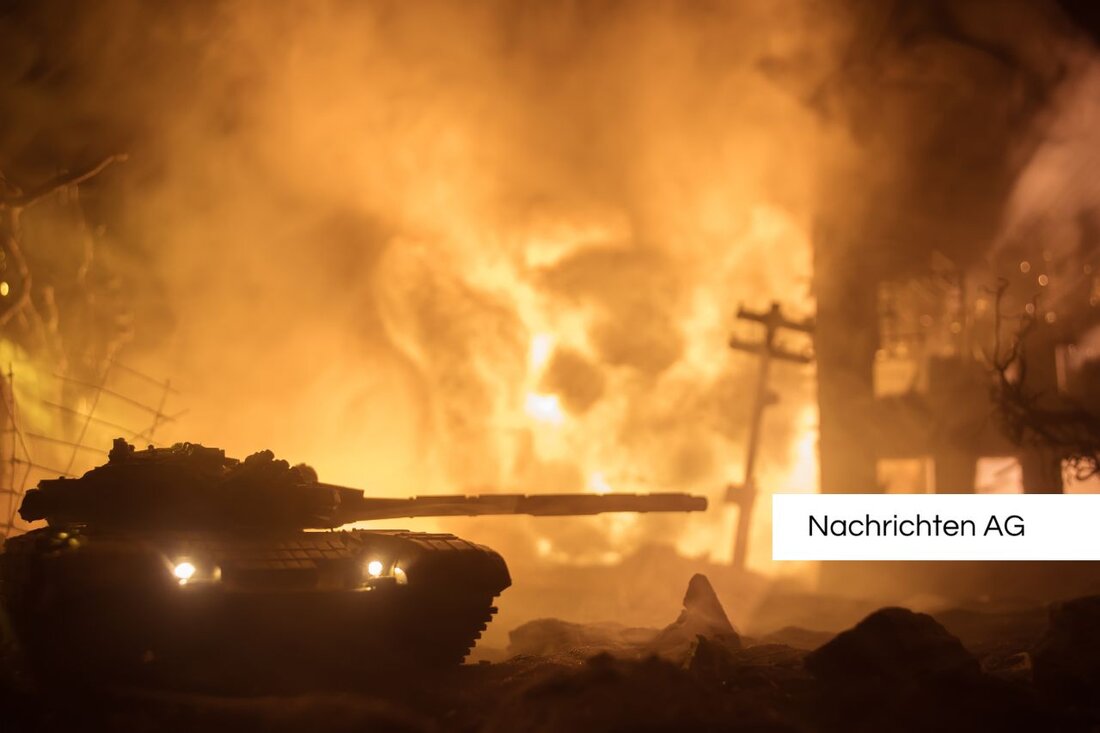Life and legacy of the Patriotism icon Hermine Orian: a farewell
Life and legacy of the Patriotism icon Hermine Orian: a farewell
Hermine Orian, one of the last living contemporary witnesses in the tragic history of South Tyrol, died on May 16, 2025 at the age of 106. She was born as an Austrian in 1919 and experienced the violent Italianization of her homeland up close. Her resistance to oppression is particularly evident in her role as a catacomb teacher, where she secretly taught German -speaking children in the 1920s, while only Italian was allowed as a language of instruction. These "catacombs schools" were a sign of resistance to the fascist regime, which forced the German language and forced the population to assimilation. Orian joined the network of illegal teachers at the age of 13 and conveyed its knowledge and identity in times of repression.
It was recognized by various honors over the years, including a Order of Merit in the State of Tyrol in the 1960s. After the Second World War, she was finally able to officially work as a teacher, but her long search for an Austrian citizenship remained unfulfilled until her death. For her 103rd birthday, she expressed the desire to preserve a red and white-red pass, which illustrates the ongoing difficulties for the South Tyrolean population with regard to her national identity and nationality. The FPÖ-Südtirol spokesman Christofer Ranzmaier criticized this failure and described it as shameful that Austria had denied Orian to die as an Austrian.
dispute over citizenship
The Hermine Orian case is symptomatic of the persistent problems of the South Tyroleans with regard to citizenship and national identity. In recent years there have been numerous public and political initiatives to improve the situation of the South Tyroleans. Ranzmaier called for a rethink in the awarding practice of citizenship and appealed to enable the South Tyroleans to have double citizenship. This should also be done as a sign of respect for the strong Austrian self -image of this population. Orian, who was more Austrian than many with a red and white-red pass, fought for her citizenship for a long time, but even after her death, the desire of many South Tyroleans remains for equality and recognition.
In 2019, the National Council set up the decision to enable the South Tyroleans to do the dual citizenship, but the implementation is still out of this time. Current procedures for recognizing citizenship are still ongoing at the Ministry of the Interior, and those responsible, such as Interior Minister Gerhard Karner and Chancellor Karl Nehammer, do not express themselves on this explosive topic. This has led to a public displeasure, which also commented through meetings, such as those of the "South Tyrolean shooters" in Vienna in April 2023, when they demonstrated for Orian's concerns. In this context, Cardinal Schönborn emphasized the cohesion of the community as the "sign of solidarity".
historical context of South Tyrol
South Tyrol looks back on an eventful story that extends from early to the present. The independent history began with the occupation by Italian troops in November 1918 and the subsequent loss of Austria through the contract of Saint-Germain in 1919. According to demographic development, South Tyrol had a German-language majority of 89%at that time. The Italianization phase, which used under Mussolini in 1922, led to coercive measures for assimilation, which significantly impaired the South Tyrolean character and the language of education. The region is therefore an exemplary place for dealing with identity, nationality and the right -wing ethnic minorities in Europe.
still exists between the different language groups in South Tyrol, especially in the education system. Despite the extensive self -administration through the autonomy statute of 1972 and the legal recognition of the South Tyrolean people, the political climate remains challenging. In 2020, a memorial to the unjust division of Tyrol was also inaugurated, which symbolizes the persistent longing for many South Tyroleans according to unity and recognition. Orian's death is reminiscent of these media -effective topics and the continuous struggle for cultural identity and political equality.
| Details | |
|---|---|
| Ort | Südtirol, Italien |
| Quellen | |


Kommentare (0)